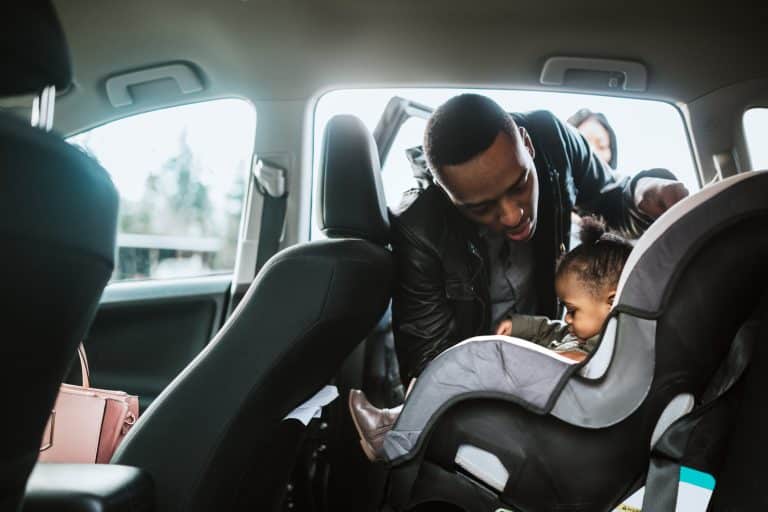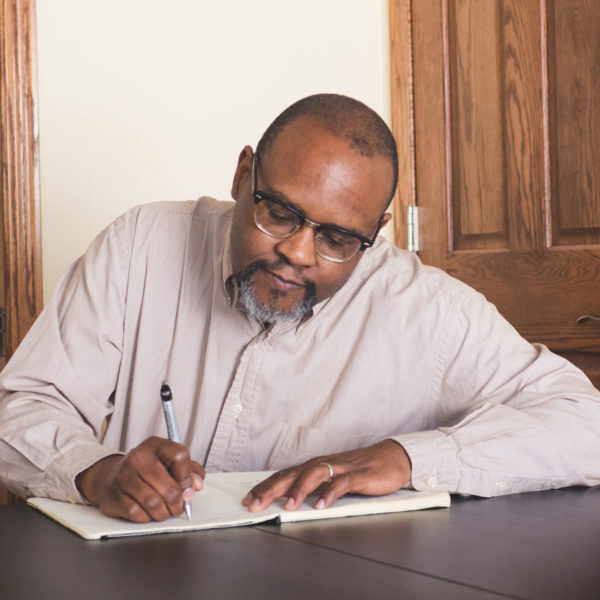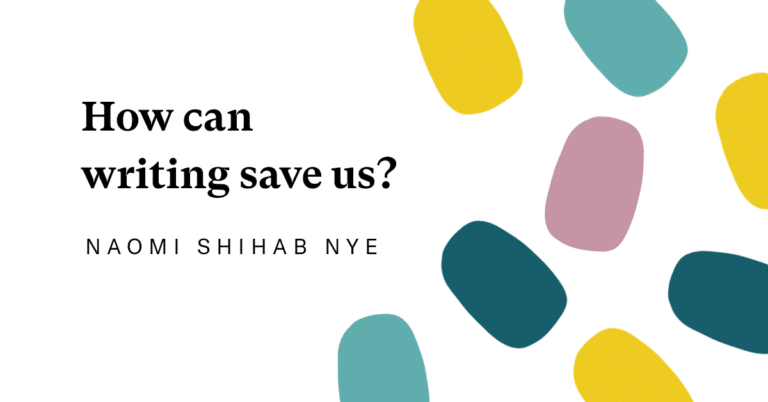
Image by Ryan J. Lane/Getty Images, © All Rights Reserved.
No Painless Way Through Life Exists
We’re going on vacation, the full-blown, two-weeks-on-the-road, children-in-tow, tempting-nightmare-meltdowns vacation that spawns years worth of sibling anecdotes and memories that become family touchstones.
It involves, of course, money. As a stay-at-home parent, I don’t make much, but between my partner and me, we have enough, she tells me, so I sign on. She sets the plans in motion; the money changes hands. We have our reservations.
Then our other reservations set in. She feels momentary qualms, after counting up the credit card charges, and shares them with me. But for her the moment passes, and all is well again.
Except, of course, inside me. For the rest of the day, I feel off kilter. Anxiety sours my thoughts, which curdles into a surliness that, for the most part, I keep in check (though my partner and children might be the better judges of that).
This is what I feared, I tell myself. This is why I hesitate to take trips and spend money. Was this just a frivolous impulse? Will the money make my partner feel stressed, trapped in her job, resentful that I don’t make more money too, resentful about me in general? Will she grow distant? Impersonal?
I let myself indulge this narrative for the better part of a day, but by the next morning I was able to recognize these as old echoes and trace them back to their source.
I grew up in an emotionally volatile household. From one day or hour or even minute to another, the atmosphere could change without warning. So in adulthood, I have prized emotional safety highly to the extent that I’m often hypersensitive to possible mood changes in those around me. I’ve spent too much of my life trying to read my loved one’s current emotional state, anticipate their next one, and avoid any potential line of fire.
All of this bubbled to the surface in the form of the vacation anxiety, releasing a cloud of questions about what to do: Should we call off the vacation? Should I figure out how to make more money? Should I (in an act of insane projection) tell her how to manage her anxiety and stress? I needed a strategy, I kept telling myself. I needed to act. Because I needed to make sure I was going to be emotionally safe.
When I enter this mode, the slightest signal confirms my constant suspicion: that I live in a universe of turmoil and emotion in those around me that might at any moment punch its way to the surface and flatten me; that I should never assume I’m safe.
Then, in one of those random, unexpected gifts of clarity, the cloud of anxiety parted and a single sentence appeared in my head:
“Safety is not part of the deal.”
Relationships, parenting, planning, working, learning, building a life — none of these comes with any guarantee of safety. Relative levels of risk, of course, exist. Some choices offer, generally, more safety than others. But the universe operates outside of my control.
No matter what I do, at any given moment one of those passenger jets that swoops over my house on its way to and from the nearby airport could, despite every caution on my part, end up in my lap instead. It’s not likely, but it’s possible. It’s happened before to ordinary people like me simply living their lives, and eventually it will probably happen again to someone somewhere. Why not me?
Driving across town today, I could get T-boned into the hereafter by a drunk driver, or a distracted stockbroker on a cell phone, or a sleep-deprived worker coming off a double shift. I could be brought down by my rush to cross a busy street, or betrayed by an undetected weak spot deep in the labyrinth of a vital vein in my brain. It happens every hour of every day.
I know this already, of course; intellectually we all know. But there are times when knowing drops below the surface awareness and sinks down to the bone. Moments when the mind comprehends fully and says, eyes wide, “Oh.” And then, more deeply, again, “Oh.”
Then the larger turn, the one I don’t usually let my mind take, led me to the next, and more important, question:
“What do I do with that reality?”
If I never know where life’s next punch is coming from, but I know for certain it’s going to come from somewhere, sometime (as illness, money problems, disputes with friends and family, tragedies, power outages, insults, disrespect, crime, bigotry, inclement weather, injustice, global warming, political turmoil, death). What does that mean for how I should live?
Well, I have choices.
I can decide to define life as an existence ruled primarily by the punchers, and I can choose to be one of them, always determined to get my licks in first, always prepared to punch back whenever threatened by people, nature, life.
I can decide that I’ll live in hiding, always on the defensive, hunched, curled in a ball, arms up to ward off the blows.
But if complete safety doesn’t exist, those two options only delay the inevitable. If I can’t escape harm, I can only choose how I’ll respond to harm’s certainty. I can take my beatings alone, or I can make community with the other clobbered, doing what we can to comfort and protect and heal ourselves and one another as best we can.
And I can choose how wide I’m willing to let that community be. Will I limit it to self, family, tribe? Or will I open my arms wide to embrace everyone willing to commit to our common welfare?
I’m reminded that whatever level of safety I enjoy depends on the conscientiousness of people I’ll never know: designers and builders of the machines I live among; drivers who share the road with me; workers who maintain our infrastructure of gas pipes and electrical lines; people who produce and inspect the food I consume and the medicine I use. I’m reminded that the most self-sufficient among us is routinely held in the hands of others.
Of this I’ve now become convinced: No painless way through life exists. I feel compelled to repeat that to myself. No painless way through life exists. No matter what I do, the universe will hurt me, not only eventually but repeatedly. I’m not safe.
But on the other side of that reality, this one also exists: I can choose to pursue justice; I can choose to offer compassion; I can choose to love and let myself be loved. Those choices only require that I accept discomfort and uncertainty, and commit to being honest with myself and others.
I can’t prevent all harm, but maybe I can prevent some, and I can try to ameliorate pain, to soothe injury, to help repair damage, to open new possibilities.
I don’t know — and likely will never know — whether this solves anything. But it’s the most emotionally and spiritually satisfying approach to a life than I can think of, and maybe that’s the final test.
I choose to live a vivid life, and that doesn’t require that I achieve safety or success. It only asks that I accept life on its terms and live it.
So, as we prepare to leave on our vacation, I choose to look forward to an adventurous, challenging trip. I’m eager, in loving company, to see what we find.

